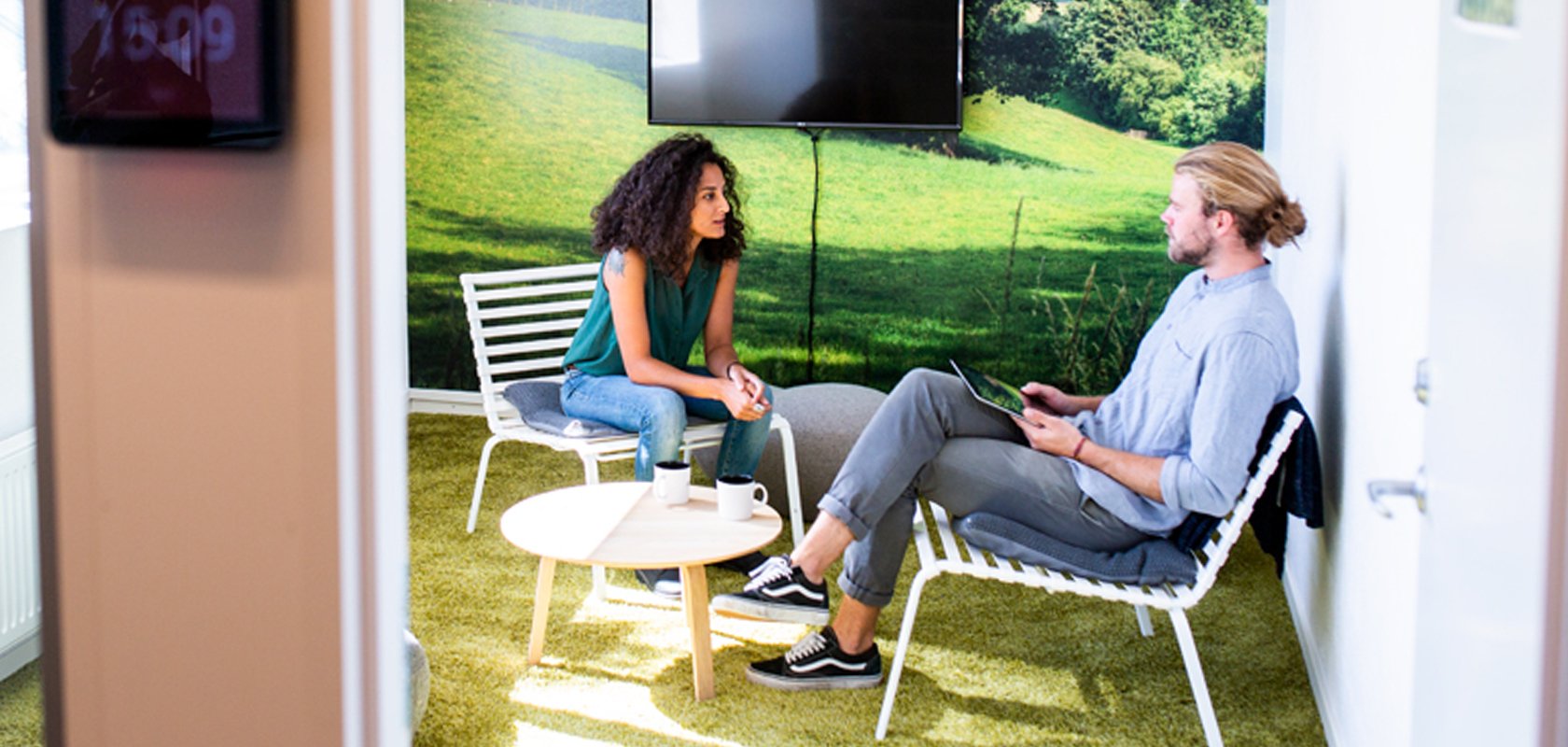
We have changed the way we work a great deal the last year. What does that mean for the workplace? Someone who knows a great deal about this is Henrik Axell, Concept Manager at Kinnarps Next Office.
Kinnarps is Europe's leading supplier of workplace interior, providing furniture to both traditional and activity-based workplaces as well as schools and health care. In addition they have a service called Next Office. By analyzing work patterns and employee needs they help companies design and lay-out their future workplace after their specific requirements.
Henrik Axell is the Concept Manager of Kinnarps Next Office, and have great knowledge about the future workplace. We decided to ask him some questions!
-png.png?width=300&name=Henrik%20A_2019%20(1)-png.png)
The misunderstanding often revolves around that you refer to the office as activity-based, when ABW in reality is a way of working. The activity-based way of working means that the office is designed after the activities that are taking place there. The employees doesn't have personal desk but instead chooses their seat depending on what their current task is.
The activity-based office is designed to support different needs and types of activities – everything from highly focused tasks to collaboration and informal meetings. An office made to support activity-based working therefore has a variety of different environments where an open floor can be one, huddle rooms and lounges another. There is no right answer of what it should consist of. Many believe that a activity-based workplace is some kind of set concept, but it's about mapping the specific needs of the specific business.
We have implemented around 220 workplace analyzes to various types of businesses, and we notice a clear trend in wanting flexible and sustainable offices. There is a demand for offices that are designed to support to the business and that can be adapted after individual needs. We acknowledge that the new way of working, where the office is not the only place where we do our work, will increase the demands on good leadership and employeeship.
A majority have embraced the new digital workday and have experienced that they can keep up with efficiency and productivity while working remote. However, we are still longing to get back to the social environment that is the office. It's in the physical meeting we create our culture and where we are the most creative and innovative. Because of this, the workplace will need to be redefined. We need well thought out meeting spaces and social spaces as well as an inspiring environment with strong identity. We also need spaces that provides privacy for more focused and efficient work. If we can't provide these spaces, a lot of employees wont feel the need to return, and therefore keep on working remote.
We thank Henrik for his interesting answers and look forward to what the future holds. How would you like to work the coming years? Leave a comment and let us know!
These Stories on Workplace design
Meetio AB/Logitech Nordics AB
Hamngatan 4
211 22, Malmö
Sweden
Magnus Ladulåsgatan 3
SE-118 65 Stockholm
Sweden
Sweden: +46-(0)10-101 95 60
No comments yet
Let us know what you think!